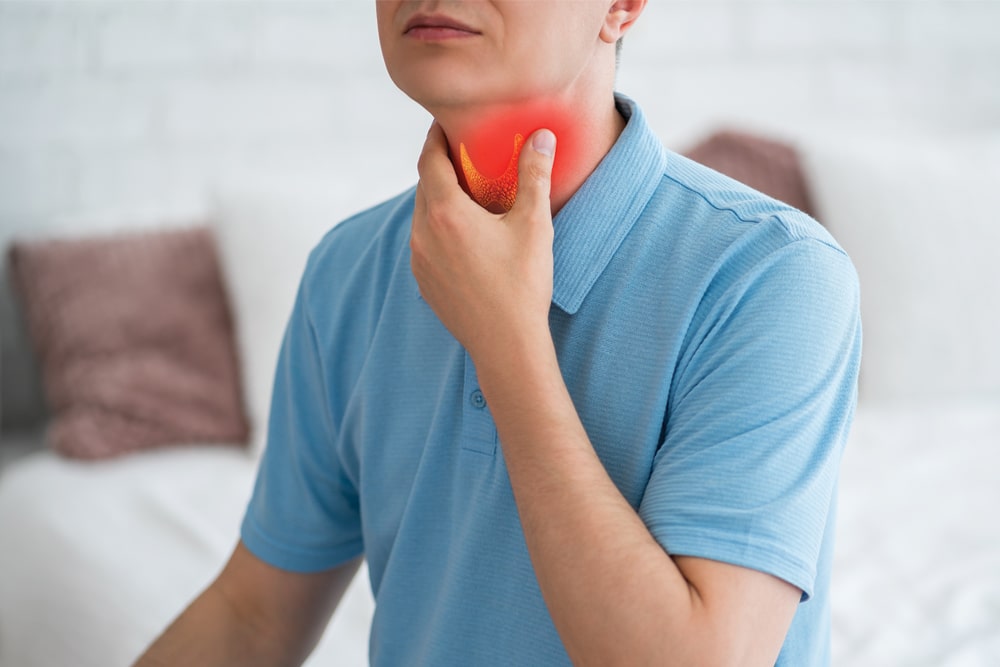Expert Treatment for Autoimmune Hepatitis by Dr. Bharat Pothuri
Step 1: Health History and Symptom Review
At GastroDoxs in Houston, Dr. Pothuri starts by learning about your symptoms and health history.
Step 2: Blood Tests
He orders blood tests to check liver enzymes and immune markers.
Step 3: Imaging Studies
An ultrasound or MRI may be used to look at your liver for inflammation or damage.
Step 4: Liver Biopsy (if needed)
In some cases, a liver biopsy is done to confirm the diagnosis and rule out other liver problems.
Frequently Asked Questions
What is autoimmune hepatitis?
Autoimmune hepatitis is a chronic liver disease where the immune system attacks liver cells, causing inflammation and injury.
What are common symptoms?
Symptoms include fatigue, jaundice (yellow skin/eyes), abdominal discomfort, joint pain, and elevated liver enzymes.
How is it diagnosed?
Diagnosis involves blood tests for autoantibodies (ANA, SMA), elevated IgG levels, liver function tests, and liver biopsy.
What causes autoimmune hepatitis?
The exact cause is unknown, but genetic predisposition, environmental triggers, and other autoimmune conditions play a role.
What treatments are available?
First-line treatment uses corticosteroids (e.g., prednisone) often combined with azathioprine to reduce immune attack on the liver.
Is maintenance therapy needed?
Yes. Long-term immunosuppression is usually required to keep inflammation under control and prevent relapse.
Can autoimmune hepatitis lead to cirrhosis?
Without treatment, chronic inflammation can progress to fibrosis and cirrhosis, increasing the risk of liver failure.
How often should I have follow-up tests?
Patients need regular monitoring of liver enzymes, antibody titers, and drug side effects-usually every 3-6 months.
Can lifestyle changes help?
Maintain a healthy diet, avoid alcohol, get vaccinated against hepatitis A and B, and follow your treatment plan closely.
Where can I find support?
Contact local liver disease support groups or visit the American Liver Foundation for resources and patient forums.











